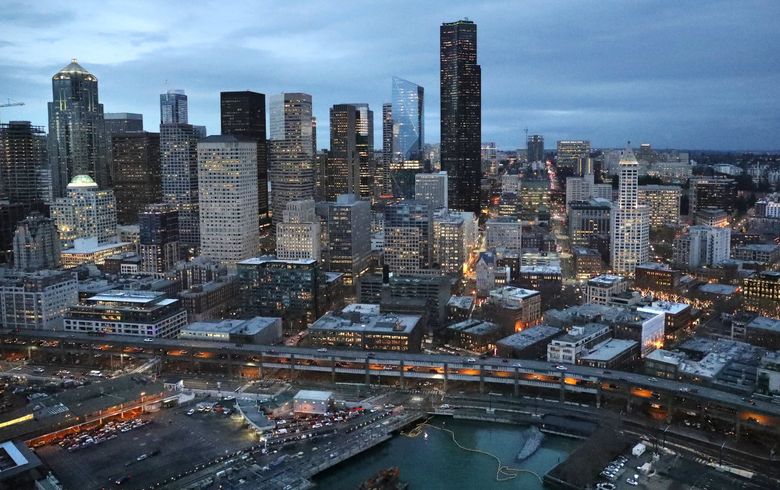The squash was started in the field from seed. They were
planted too close so my task is to thin out the healthy ones and transplant
them to where seeds didn’t germinate. Before moving the seedlings, I make new
holes, new homes, in the bare patches.
This endeavor is best undertaken between rains so the ground
is soft both for removal and replanting. When I dig up the plant, I scoop up a
large amount of soil around the roots. I want as much of this seedling’s home to
go with it as possible. I want the seedling to be accompanied by everything it knew from
birth; the microclimate that suckled it, the insects that provided
community and the loam that originally clothed it.
I am uprooting a living being.
Sometimes though, when I insert my trowel, no matter how
gently, the soil falls away and I inadvertently expose roots. I cradle the plant with its tiny pale tendrils now exposed to the open air and rush
to the pre-dug holes. I ease the seedling in and construct a donut
shaped ridge around it. I do this so that there will be a reservoir of
water to fortify the displaced roots, to facilitate growth,
particularly after dislocation.
Can one expect growth after dislocation, or is that simply what
recovery and acclimation look like? What softens ground for transplanting people? What reservoir fortifies our upheaval?
Maybe I am infusing
this process with too much anthropomorphism. Maybe I am investing too much of
my story onto a thing that is doing its own thing, whose existence is
other than my own, sentient in ways I am not. But I cannot resist the
metaphor; as a child immigrant, the weight of this process is not lost on me.
Was such care taken for my relocation?
Indeed after learning that transplant shock is real and impacts
all plants regardless of size—even trees, I do this step, the donut reservoir, almost like a religious ritual. I want to lessen the shock and ease the
assimilation of this being into its new habitat, even if it happens to be only
a few feet away.
What is the measure of a few feet if your roots are no
bigger than wisps of hair?
Each hole I’ve made is about the same size, all in rows
spaced appropriately to the expected growth of squash. The uniformity we apply and therefore expect
from living things disturbs me. The plant is wilted when I place it in its new
home. It will be wilted for days, maybe even lose a few leaves or limbs; collateral damage for the promised abundance.
As I take this picture, I cannot help but feel my FOB self
in middle school. I know everyone feels FOB in middle school in their own way,
since we all fall short of the narrow dictates of uniformity. But I often felt
like that wilty plant next to kids born and bred here. They, never having left
their home soil, germinated, rooted and flourished in one biosphere since
conception. Their families maybe even reseeded in the same place for
generations. How this grows a person is unfathomable to me. Just as being
uprooted from elsewhere then transplanted here is unimaginable to those who
haven’t experienced that.
Unless the transplant shock is too much and the plants
wither, most will eventually recover. The roots will take hold, wilted
stalks will swell, pulse with life and the seedlings will flourish. If I retake
this picture, the squash previously contrasted would be undistinguishable from its
neighbors. This is the objective of assimilation, of transplanting: to thrive in
the prescribed, predetermined way of those around you in this new place.
Whatever transplant shock experienced is buried in the soil that becomes home. Does
the plant miss its place of origin?
This is where the metaphor dissolves, the squash and I
diverge.
Does the transplant recognize itself as dissimilar from those grown in native soil or feel this lyric from Dire Straits, ‘you've been in the sun and I've been in the
rain. And you're so far away from
me?’ I have always known myself as
far away from those around me.
The Egyptian loam from whence I came coats me still. It has not
disintegrated into the soil of middle America I was raised in. It is not interred
in a Pharonic souvenir I can reference as heritage. It is wish and fable, filtered by longing, triggered
by wisps of memory. Early morning cool air unfurling with the scent of diesel,
the rising sun opaque with smog. It is fava beans in pita with homemade hummus layered
with lemon and parsley. It is a donkey in the rubble next to the five star hotel. It is the haphazard choreography of honking vehicles,
pedestrians, cyclists, hawking vendors leading animal drawn carts toppling with
fresh vegetables. What I miss about Cairo is distant and intimate in equal measure. I am drawn to what is no longer my home yet
still defines itself as such somehow.



